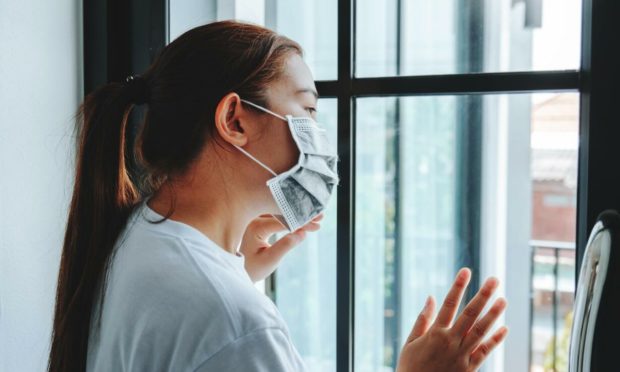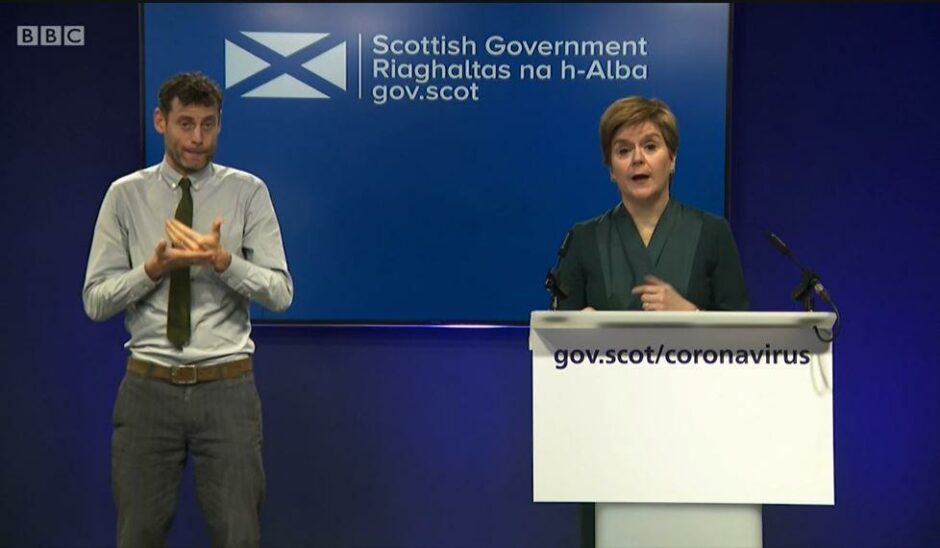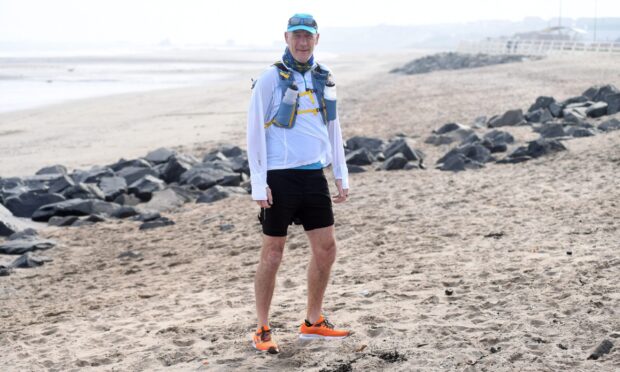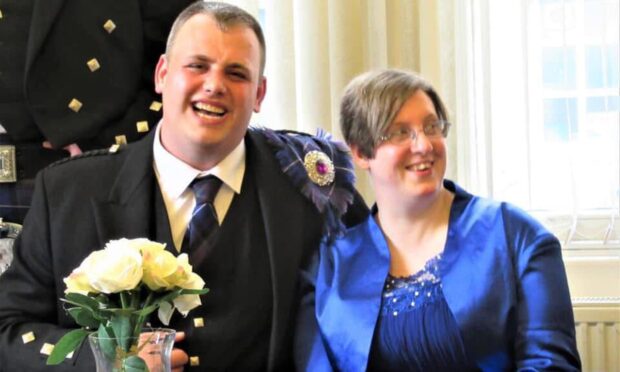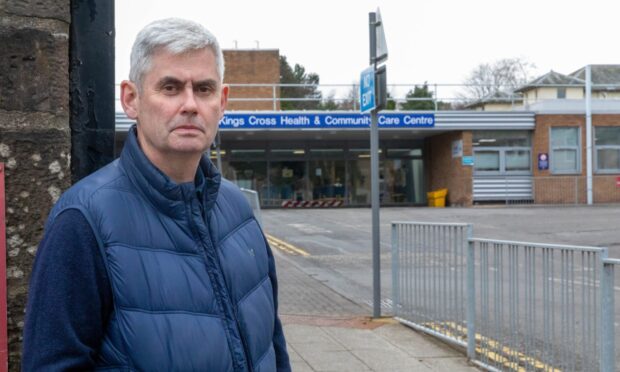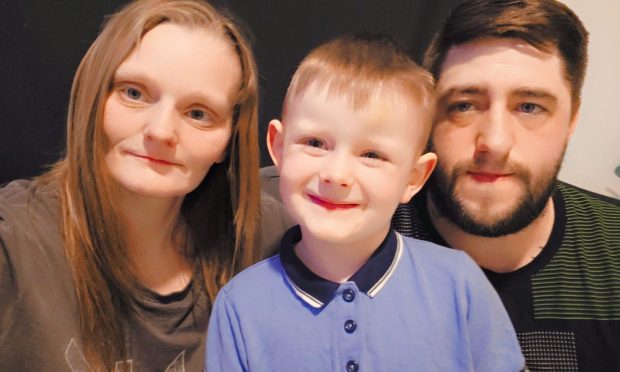Self-isolation rules for Covid-19 have been updated as nine Scottish cases of new variant Omicron have been identified.
Health Secretary Humza Yousaf says many questions remain about Omicron’s severity, transmissibility and response to vaccines.
However, he says scientists are working at pace to provide additional information.
But until more is known, the Scottish government is advising caution – including a change to some self-isolation rules.
Here’s what we know about Omicron risks and new rules for self-isolation.
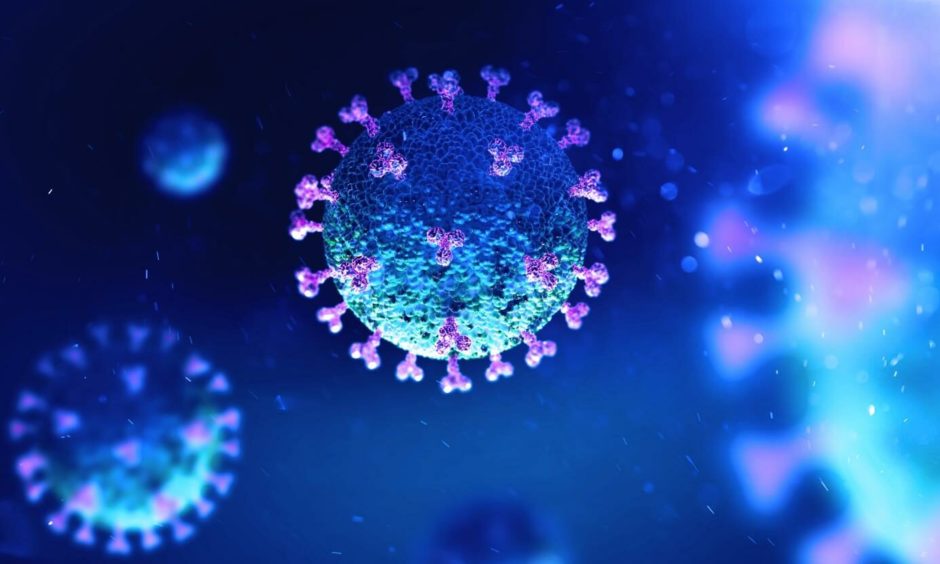
Is Omicron more severe than other variants?
Gregor Smith, Scotland’s Chief Medical Officer says: “One of the features of all forms of the virus we’ve seen so far is a very definite age gradient in terms of severity of impact.
“Older or more vulnerable people have tended to fare worst when infected.
In younger age groups severe effects of Covid-19 are much less frequent.
Gregor Smith, Chief Medical Officer
“As you go down to the younger age groups severe effects are much less frequent.
“There’s nothing to suggest with data for this variant that this has changed in any way.”
What can I do to avoid catching Omicron?
First Minister Nicola Sturgeon says: “It is really important to get vaccinated. And to continue doing all the things we know can make a difference.
“This time last year as we were about to have the Alpha variant – which was more transmissible than before – and then later came Delta.
“But we did not have vaccination then. We’re in a much better position.”
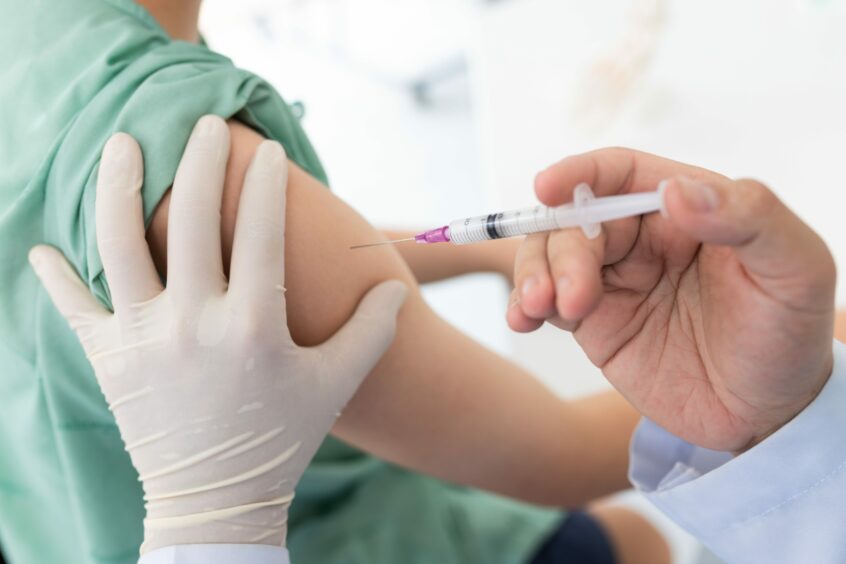
Gregor Smith reiterates this: “Many people haven’t begun their vaccination doses. My plea to them is to reconsider. And to those who are eligible for boosters, take up that offer and book in.
“The booster dose gives a significant rise in antibody response in the body.”
“We don’t yet know if there’s going to be immune escape with Omicron. But boosting antibody response will give you the best opportunity of protecting yourself.”
What are self-isolation rules if I or someone I know has Omicron?
Anyone with Omicron – and all close contacts of suspected Omicron cases – will be asked to self-isolate for 10 days, regardless of vaccination status.
The close contacts advice differs slightly from other variants.
If you have any variant you must self-isolate for at least 10 days.
Close contacts of those with variants other than Omicron who are fully vaccinated do not need to isolate as long as a PCR test result is negative and they remain asymptomatic.
How will I know whether I have Omicron or another variant?
Anyone identified as testing positive for the Omicron variant will be contacted by NHS Test and Protect with advice.
Where a health protection team identifies a positive case of the Omicron variant, they will now ask the household contacts of that case to also self-isolate for 10 days, whether or not they return a negative PCR test for Covid.
